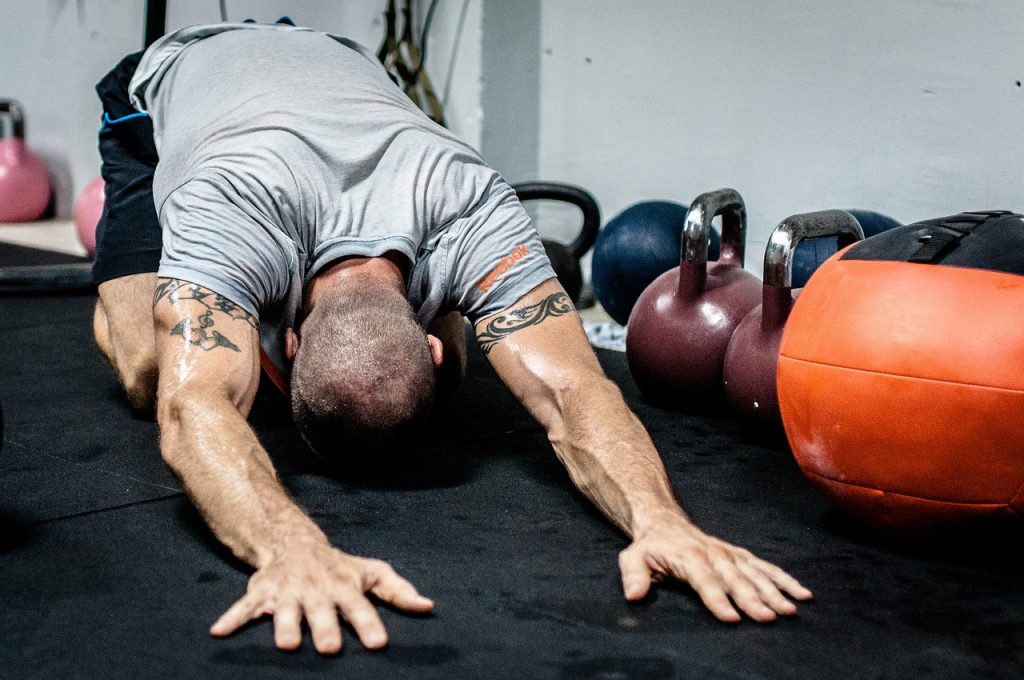How to Deal with Post Workout Muscle Soreness?
Post-workout muscle soreness, also known as delayed onset muscle soreness (DOMS), is a common occurrence, especially if you’ve engaged in a new or intense exercise routine.
While you can’t completely eliminate muscle soreness, there are several strategies to help alleviate the discomfort and promote recovery:
- Rest and Recovery:
- Give your muscles time to recover by spacing out intense workouts targeting the same muscle groups.
- Ensure you get adequate sleep as it plays a crucial role in the recovery process.
- Hydration:
- Drink plenty of water to help flush out toxins and aid in muscle recovery.
- Nutrition:
- Consume a balanced diet rich in protein, carbohydrates, and healthy fats to support muscle repair and energy replenishment.
- Consider consuming protein-rich foods or supplements within the first hour after your workout to aid muscle recovery.
- Stretching:
- Engage in gentle stretching before and after your workout to improve flexibility and reduce muscle tightness.
- Foam Rolling:
- Use a foam roller to perform self-myofascial release, which can help alleviate muscle tightness and improve blood flow.
- Ice and Heat Therapy:
- Apply ice packs to reduce inflammation in the initial stages of soreness.
- Use heat packs or take a warm bath to relax tense muscles after the initial inflammation has subsided.
- Massage:
- Consider getting a massage to help improve blood circulation and reduce muscle tension.
- Active Recovery:
- Engage in low-intensity activities such as walking or swimming on your rest days to promote blood flow without causing additional stress to your muscles.
- Compression Garments:
- Some athletes find relief by wearing compression garments, which may help reduce swelling and improve blood flow.
Some degree of muscle soreness is normal, especially after challenging workouts. Listen to your body, if the pain is severe, nonsteroidal anti-inflammatory drugs (NSAIDs) like ibuprofen can be used to reduce pain and inflammation. However, use them with caution and consult a healthcare professional.


